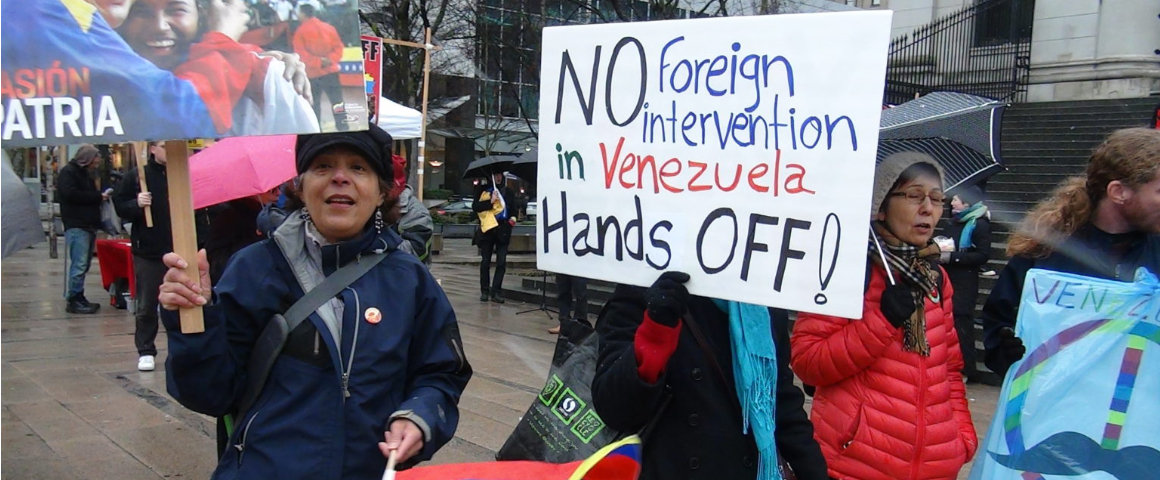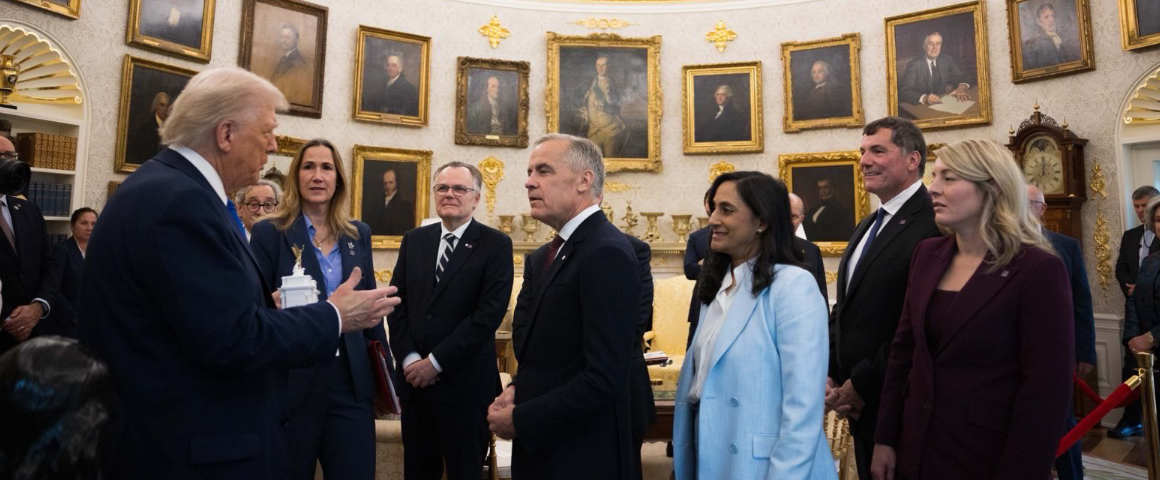Commentary from Communist Party of Canada
The Communist Party of Canada has followed the July 28 presidential election in Venezuela with keen interest – not as detached observers, but as a Party with a history of solidarity with the struggles of the Venezuelan people for sovereignty, democracy, social justice, liberation from imperialist domination and ultimately for a socialist future. We extend our congratulations to the Venezuelan working class and progressive movements for continuing these struggles under the extreme pressure of US imperialism and domestic reaction, which desperately seek one way or another to reverse the revolutionary process initiated by the late President Hugo Chavez.
Faced with over 900 sanctions imposed by the United States and Western imperialists, Venezuela has had to maneuver in hostile circumstances including numerous attempts at violent destabilization, invasion and even an abortive coup d’état. Long before July 28, the far-right opposition and its imperialist backers announced that only one outcome was acceptable – a defeat at the polls for the governing PSUV party. We absolutely condemn any such interference by imperialist powers, including Canada, which have an infamous record of attacking democracy in other countries and even supporting Israel’s genocidal war against the people of Palestine. Given this background, Canada has no political, legal or moral authority to reject the outcome of elections in other countries.
Many objective observers and true friends of the Venezuelan people have congratulated the Maduro government, while the process of verifying the complete results takes its course. The urgent need is for calm and patience while the Venezuelan government and people work towards a definitive conclusion of the electoral process, rather than simply accepting at face value the claims by the main far-right coalition.
Looking at the outcome, we note the political and economic retreats by the Maduro government during its 2018-2024 term, including violations of trade union rights, the flouting of the Organic Labour Law, privatization of companies that had been nationalized under Chavez (including Canadian mining operators), and the selloff of Venezuela’s oil to US-based Chevron. During these years, 8 million citizens left the country, and inflation rose to 40,000 percent.
We also note the pattern of PSUV removal of the electoral accreditation of left forces such as the Communist Party of Venezuela (PCV). As seen by the decline in the Maduro government’s vote totals, these actions have tended to weaken its own base of support and to reduce the level of working-class confidence in the PSUV. Communists consider that anti-imperialism is not just patriotic or nationalist, but also implies the emancipation of the working class. In this context the PCV have distanced themselves from a government which – under intense imperialist pressure, as we all know – has acted in a conciliatory way towards the most reactionary forces.
We believe that the way forward after July 28 is a matter for the Venezuelans themselves. We reject attempts by pro-imperialist, fascist and reactionary forces to use the call for greater electoral transparency by some of the people’s movements to justify attempts to create chaos and to seek foreign (i.e. US) military intervention.
In this context, we condemn the acts of violence and destabilization which have marred the post-election situation. The sole aim of such tactics is to deflect the legitimate democratic demands of the Venezuelan people, by falsely equating them with the actions of the extreme right. We will continue to express our solidarity with the Venezuelan working class, and with those who resist the slide towards conciliation with reactionary forces and the Venezuelan capitalist class.
Support working-class media!
If you found this article useful, please consider donating to People’s Voice or purchasing a subscription so that you get every issue of Canada’s leading socialist publication delivered to your door or inbox!
For over 100 years, we have been 100% reader-supported, with no corporate or government funding.




